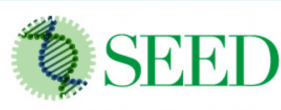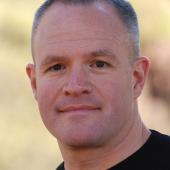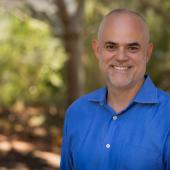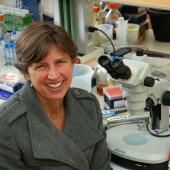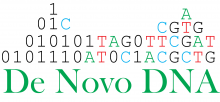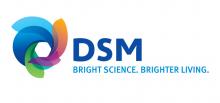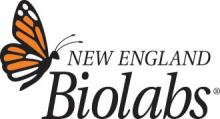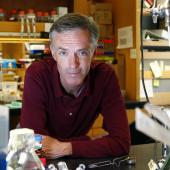
SEED 2018 focused on advances in science, technology, applications, and related investments in the field of synthetic biology. This year's theme was "synthetic biology at the leading edge of massive DNA synthesis, editing, and decoding."
Here, synthetic biology will be broadly defined as cellular and biochemical technologies for accelerating bioengineering that are enabled by radical advances in DNA writing and reading. The conference highlighted recent discoveries and new tools that are positioned at the leading edge of rapid, massive DNA synthesis and editing. In addition, presentations and discussions featured the use of synthetic biology to broadly enable biotechnology applications, including therapeutics, industrial chemicals and fuels, natural products, and agriculture.
